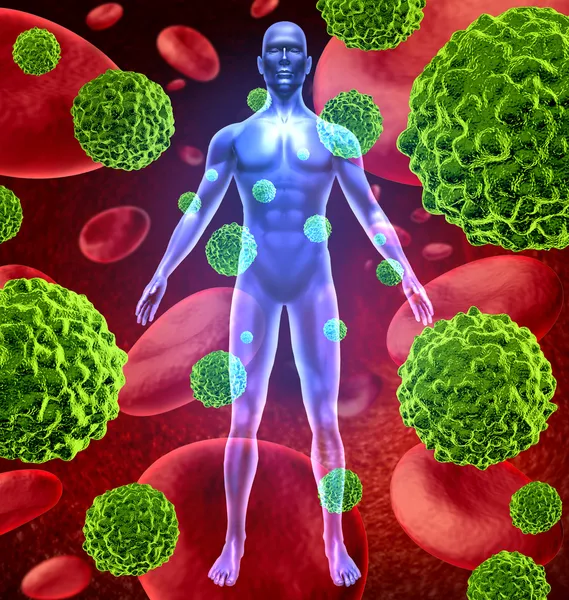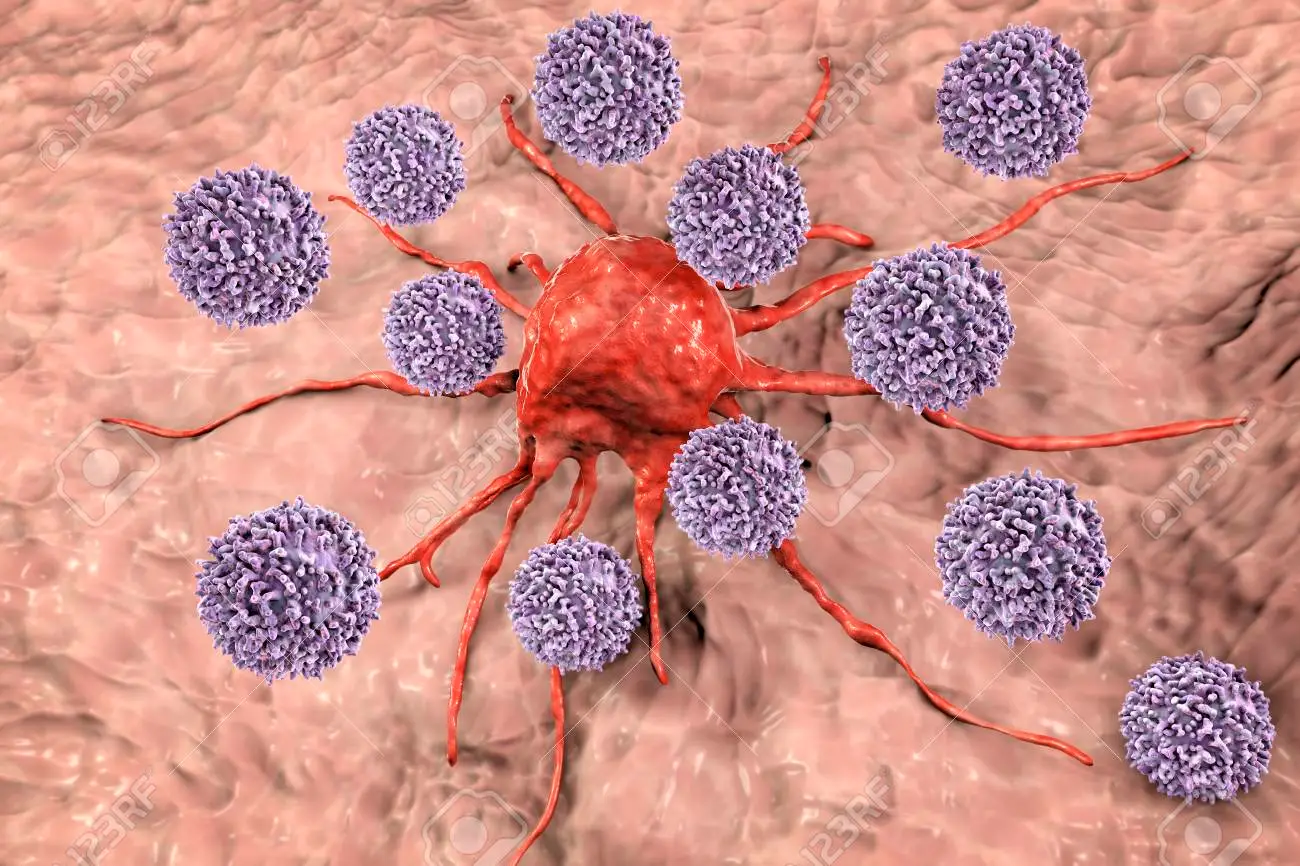It has become evident that an individual’s immune response is significantly involved in cancer development and treatment prognosis. Cancer treatment using the tumor immune response mechanism is rapidly advancing in Japan and most countries.

Hence, in this blog, I would like to share sturdy on the function of vaccine therapy (CUA) on the immune response how anti-tumor immunity works effectively on cancer cells from the study of “Potentiating effects of the high-molecular-weight fucoidan-agarics mix (CUA) feeding on tumor vaccination” by Yoshiyuki Miyazaki et al. in NPO Fucoidan Research Institute.
Vaccine therapy is a treatment that induces and enhances a specific immune response against a tumor by administering an antigen that serves as a marker for the immune system to recognize cancer cells, resulting in inhibiting tumor growth, metastasis, and recurrence. Fucoidan is a sulfated polysaccharide derived from brown algae mainly composed of L-fucose. It has been declared to contain various physiological activities such as anticancer activity and immunomodulatory activity at the NPO Fucoidan Institute with cooperation from the university, researching the immunomodulatory effects of fucoidan.
They have made it clear that anti-tumor immunity is effectively improved by ingesting Okinawa mozuku, mekabu fucoidans, and agarics mix (UCA), a high molecular weight fucoidan combined with agarics extract, through tests on cancer model animals and healthy subjects transplanted with tumors.
In the study, the tumor antigen gp70 expressed in the colorectal cancer cell line Colon-26 was used to verify the effectiveness of CUA intake in enhancing the effect of tumor vaccines.
First, 0.05 mg of gp70 antigen and an adjuvant, an immune response enhancer, were mixed and injected subcutaneously into Balb / c mice, often used in immune studies to induce specific immunity to the vaccine antigen. When examination of the spleen cells where immune cells gather in the vaccine-administered mice revealed that the proliferative response to concanavalin A stimulation, which activates T cells in a non-antigen-specific manner, was enhanced, it was then confirmed that systemic immune function was improved as well.
This immune model mouse was fed a diet containing 1% CUA for four weeks, and the function of the immune system was investigated after that. As a result, there was a tendency for CUA feeding to improve NK cell activity and interferon-gamma (IFNµ) production for stimulation with the gp70 antigen in vaccinated mouse-derived spleen cells (Fig. 1).
On the other hand, in the lymph node cells of the vaccinated mice, the cytotoxicity (CTL activity), which is an index for attacking and killing cancer cells, is enhanced by CUA feeding (Fig. 2). And, gp70 in the lymph node cells increase in the specific CD8-positive T cell population was also observed. Furthermore, the expression level of the antigen-presenting molecule MHC was raised in the lymph node cells of mice ingesting CUA in the proportion of dendritic and macrophage cells (Fig. 3). The above results show that CUA intake effectively induces anti-tumor immunity by vaccines using tumor antigen peptides.



